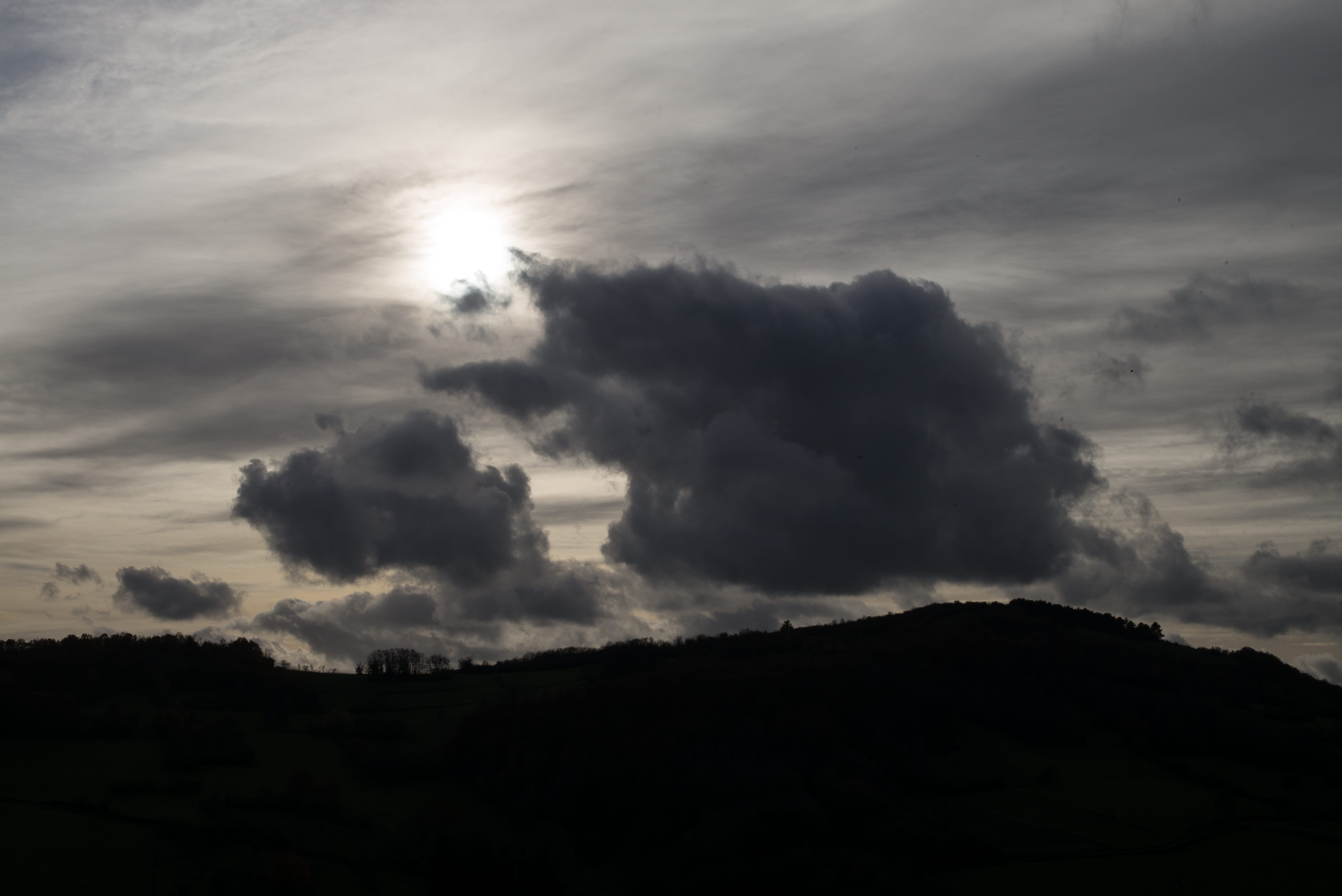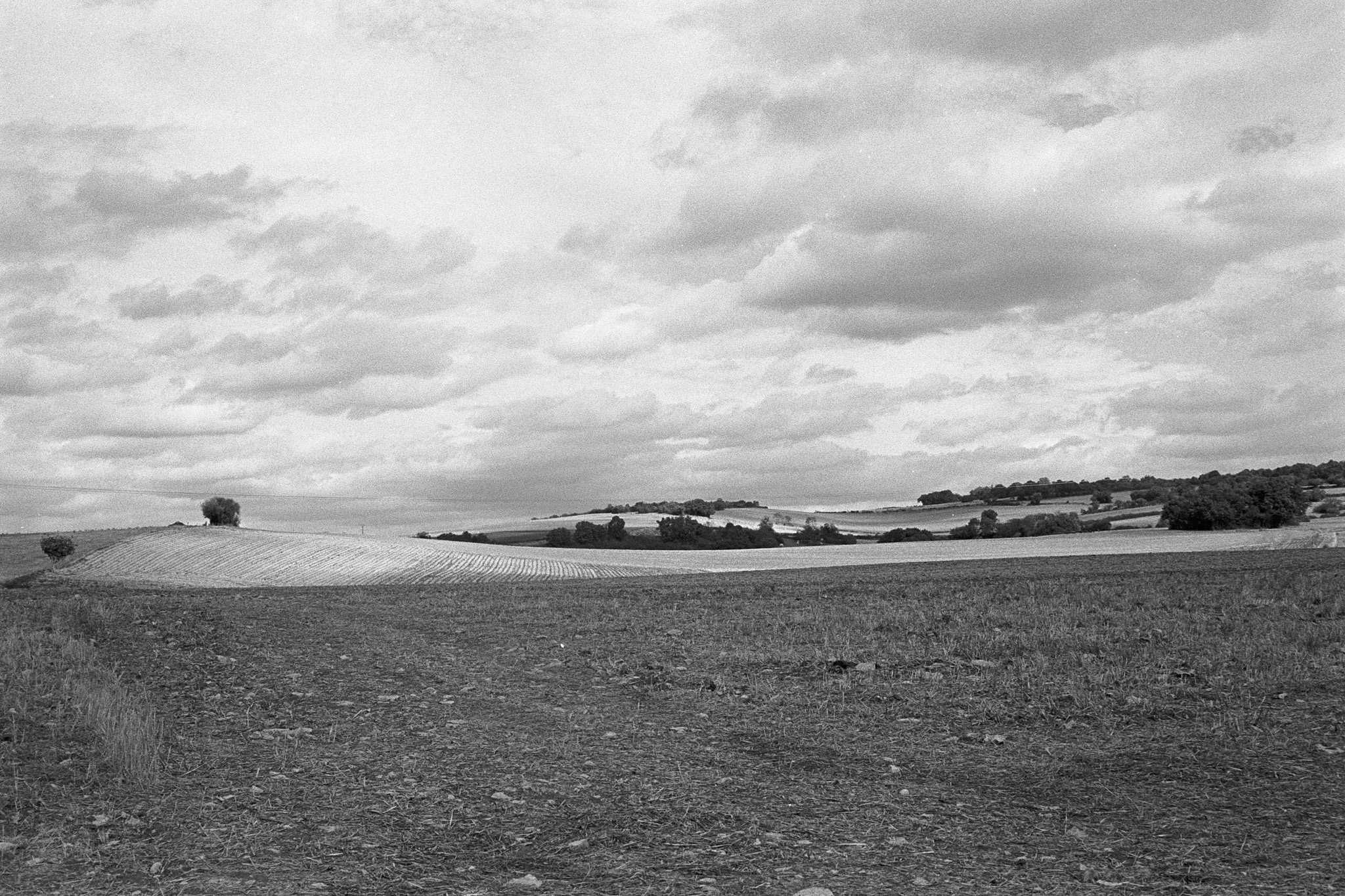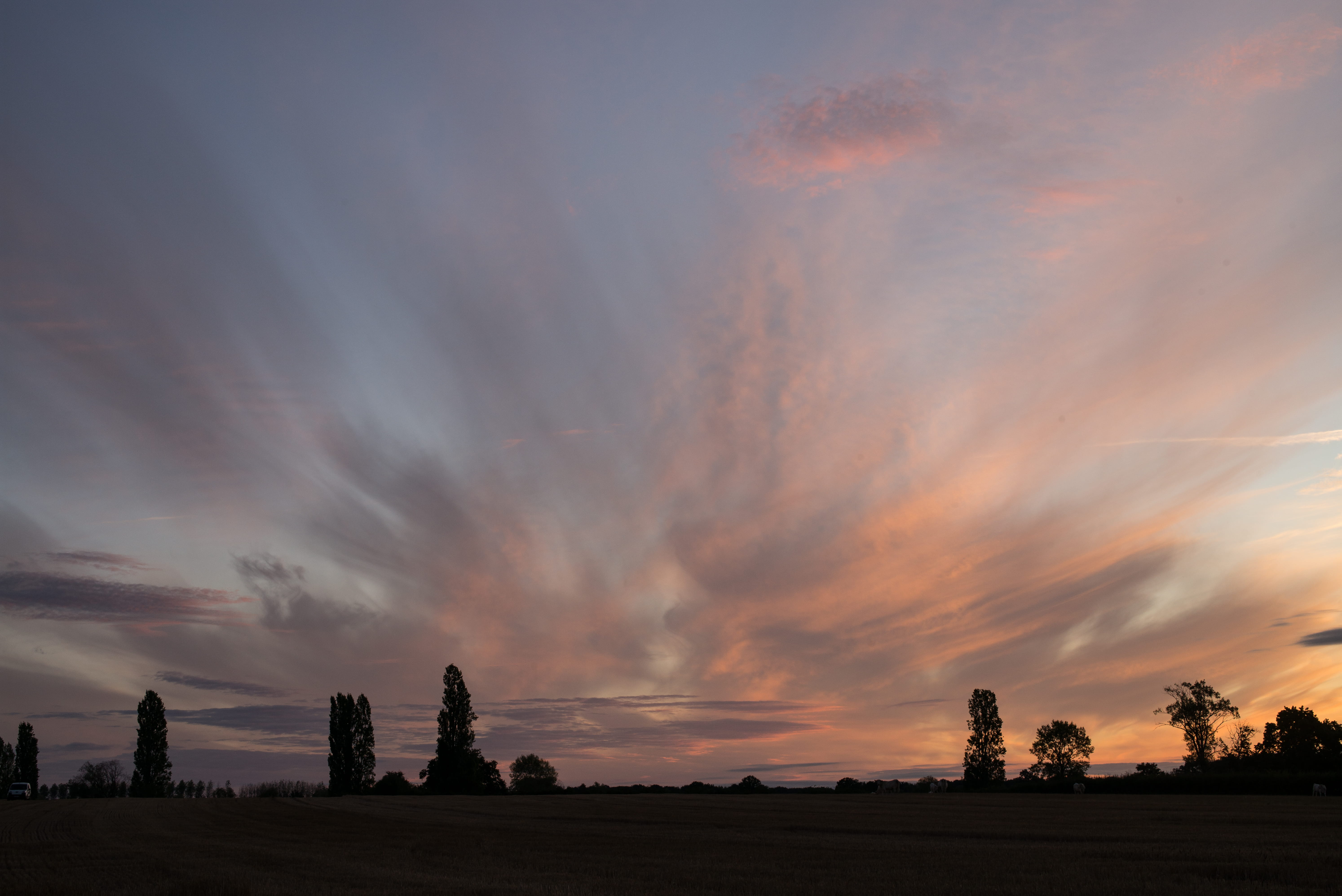- Jean-Acier DANÈS
- Editorial: the monthly journal of Manufacture Berthoud
- 1 likes
Manufacture Berthoud Cycles
Texte : Jean-Acier DANÈS
March. Third month of the year. But more importantly, spring equinox.
Perfect timing indeed to hang out at the Salon de l'Agriculture (French Farmers’ Fair): such a marvellous dictionary of terroirs, protected designations, and astonishing competitions of our rural world’s weaknesses and strengths.
March, when my eyes get lost in the maze of aisles, on the large posters and maps laid out between the stands: here, in the Rhône-Alpes corner, in this village I know so well, this delicious little cheese is produced. There, further on the map, next to a drawing of these vineyards where I slept one night between two shelters. In the Northern Coast, Brittany, Alsace, the Tarn and, of course, Burgundy, a thousand journeys open up like a trunk full of wonders, explored, to be explored - for myself and others. What amazes me here is the abundance: cows the size of small cars, piles of generous merchandise, bottles, spices, sweets in jars and fine foods. An abundance of visitors too, because it's an imperfect show, but it's a harbinger of good times to come.
March is a month that I like, when the resolutions we may have made earlier begin to take shape; we understand and realise just how much the little things we do on a daily basis, done over and over again with perseverance, shape us in the long run. This is the month of Belgians and Italians, of classics and rounds.
Every day, I make my way through the city. Wandering, finding a path between everything that overflows: rubbish bins, roadworks, vehicles, tourists, traffic wardens, barriers, bollards, the capital's brothel. I dodge a taxi driver encroaching on the cycle lane, a smashed van that I didn't see coming and a scatterbrain on a dull scooter. To be a cyclist is already to be alive, to be in the flow. Going with the rush hour of cars and traffic lights in the same way that you anticipate the rapids of a big river in a kayak. We are few things, but we are the fruit of our reflexes.
We are also the fruit of our travels, the history of our peregrinations: where we were born, where we grew up, where we learned or fell in love, where we found comfort or adventure. The sum of our habits and movements is the signature of our skeleton, which will bear witness to her like a ship's wake. It will say: this is how he or she stood, what he or she forced on the march of the world. He or she was a walker, a cyclist, a mountaineer, a pilot, a rainforest adventurer, or a sedentary nobody, the coroner might comment. And some will be surprised not to hear this coroner wonder: "Ah. Nice to meet you... But aren't you on your bike today?”
In a hundred- and nine-days’ time, the Olympic Games will be held in Paris, followed by the Paralympics. The bike fair is back on, and public transportations worry again, adding friction and anxiety to the horizon. I can't wait for a celebration of sport, of surpassing oneself, I expect nothing greater than the communion of a stadium and athletes, but who's ready for that, apart from the athletes?
I'm standing in front of the side of Notre-Dame’s Cathedral, at France’s kilometre zero, looking at the roof and the frame being repaired and thinking about my future trips. What will I find there, who will I find there, how will they get around? How will I present myself? Is my kilometre zero Notre-Dame de Paris? Or the place of my birth? Or where I grew up? Where I met someone, won a victory or achieved something material? What is the genealogy of the traveler and when did this journey begin?
I look at my old bike, battered despite the maintenance: the tyres damaged, the chain soiled by the rain and the floods we had to cross. Would my kilometre zero be a bicycle? A moment when, as a child, someone let go of my shoulder on the little path in the park with the big lawns, when I found my balance like taking flight? Back then, I had a red bike, vermilion red like the bike I'm looking at now, twenty years later. Without saying it, we sometimes reproduce our first loves, and so often we never leave them. We keep them tucked inside our hearts. It's funny how certain objects influence us, showing us the person we are, symbols of an ethos, or extended body language.
A year ago, I was doing a writing residency at a secondary school in Firminy, France – a place famous for the mark left by architect Le Corbusier. After a few days of discussions with teenagers from the Saint-Etienne area, they were asked to describe "the writer's ideal day" in a workshop they organised themselves. The writer they received was me, a bipedal mammal who had shared the words he liked in a book and whom they looked at about as curiously as through a zoo fence. One of the schoolgirls said: "It's morning. In Jean-Acier's ideal day, he has lots of red bikes and before leaving home, in a little house by the sea, as in the first chapter of Bicyclettres, he chooses blue clothes [...]".»
I didn't know this pupil, we'd exchanged what, five-six sentences? A child observes, with all its candour and questions. That day, the objects had preceded me. We went on to discuss on about my clothes, and sportswear, and then I recited from memory of a page from Aragon's Aurélien, with Riquet, a honest chap, a character depicted playing in a Paris swimming pool. He and Aurelien get out of the water, they put their clothes back on and watch each other dressed. From there, Riquet starts calling Aurelien "Sir" because of their difference in attire, Aurelien’s clothes being more bourgeois than his. The miracle of the uniform, of the swimming trunks in the pool, which abolishes the difference between two hydrodynamic bodies, comes to an end. It's the distinction, the divide, whereas they had found themselves friends at first sight.
It's March 2024 and I'm looking at the Seine: it won't be long before a Riquet will be able to bathe in this river again. The Olympic and Paralympic Games? Perhaps. Will it be possible in the next century? And the one after that? What will the Riquet of the future wear when he gets out of the water? A gas mask, disinfectant wipes, a suit to prevent flesh from cooking at 55°C and anti-radiation goggles? Or will he be dressed as lightly as possible, carefree, in love with the fabulous world he'll be living in, on his way to a pre-dinner drink with my children?
Photo credits: © Philippe Marguet
Wendell Berry often says that we don't think enough about materialism. We say that our world is too materialistic, that grandpa or grandma only had one pair of mountain boots, that our generation spends more time consuming than loving, that the traveler is the polluter of an elsewhere or that lovers think too much about their individual comfort, and so on. But is this what materialism is all about?
Shouldn't we, like our grandparents, be more materialistic? Should a single beautiful, finished object be the basic expression of a whole world? Haven't the last two generations urgently mis-chosen, misused objects? Were they too quick to get rid of objects that have become cumbersome? It's time to load the same handlebar bag with hundreds of anecdotes, like the grandfather who built his life with the same drill, from his boat to his roof. Time to leave our mark a little more on lesser things. We don't know what tomorrow will bring, so let's be like that grandfather we associated with the quality of his watch, that mother who passed down a bag or a photo, that stranger whose camera is engraved with initials and associated with hundreds of trips. Let's choose "our objects", let's keep them for many years, and let's make sure that in order to exist, they don't make a mockery of landscapes or people from all over the world. By passing them on to those we love.
The month is drawing to a close, and in a few days the almost holy fortnight of Paris-Roubaix and the Belgian Flèches will begin. Roads of pure adversity but also camaraderie, of training but also surprise and luck. Roads of mysterious endurance. Happy roads to you all and see you soon, on this journal.
Jean-Acier DANÈS, author of Bicyclettres (Seuil).






